We have recently decided to change the way we offer floatation therapy.
We have made ALL our float sessions 90 minutes for $99. The reason for this is that we want you to have more time in the float tank to create a profound experience and gain greater value from the experience.
We also wanted to make things simple without creating confusion with too many options. Bearing in mind floating is not a one-off experience. Floating in is a learned skill, which requires patience, trust, allowing your-self to surrender to the weightless environment, letting go and with each session going deeper and deeper into a meditative state.
We are here to serve you, look after you and create a memorable experience.
To create the optimal result, we recommend you float once a week, for 3 to 4 weeks, then you can extend it to every 2 weeks after a few months and gradually get to once a month. Floating is an individual experience and really depends on what you want to get out of it and what the context of your floating is; how much stress and pressure there is in your life.
If you have any unused 1-hour gift vouchers, your float session moving forwards will be 90 minutes at no extra cost.
Numerous clients have trailed the new 90 minute floats and they noticed:
1. They had more time to reduce, dissolve the mental chatter
2. They felt more relaxed and able to get into a deep relaxation and meditative state
3. The session duration was the perfect amount of time
To make your next float appointment, you can call us on 9440 9453. Please leave us a message and tell us what 3 time slots you would like in order of preference and we will call you back to confirm your session(s).
We look forward to seeing you again for your next float!
P.S.
We are promoting DOUBLE FLOATS? 2 people floating at the same time in the evenings after 7pm for $99 per person.

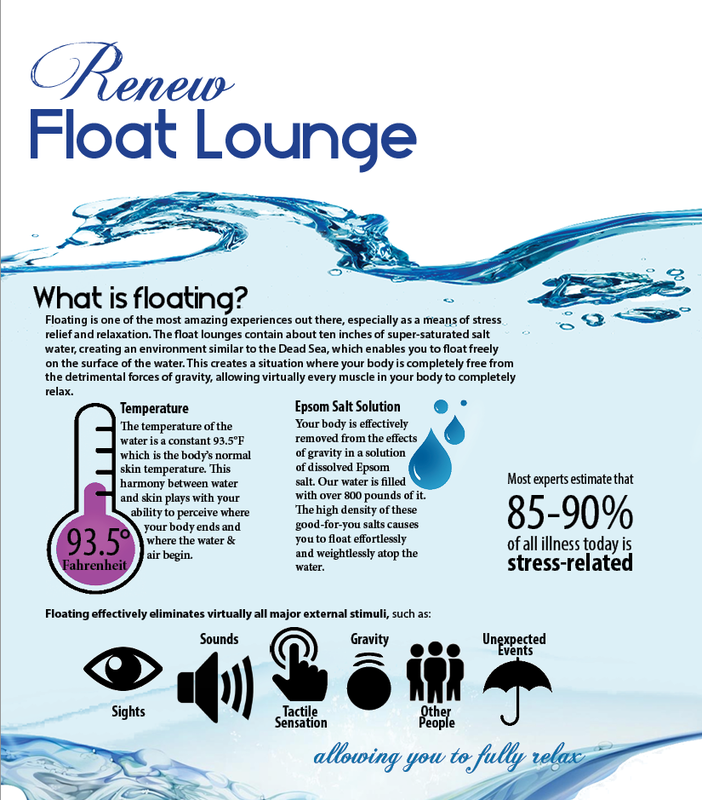
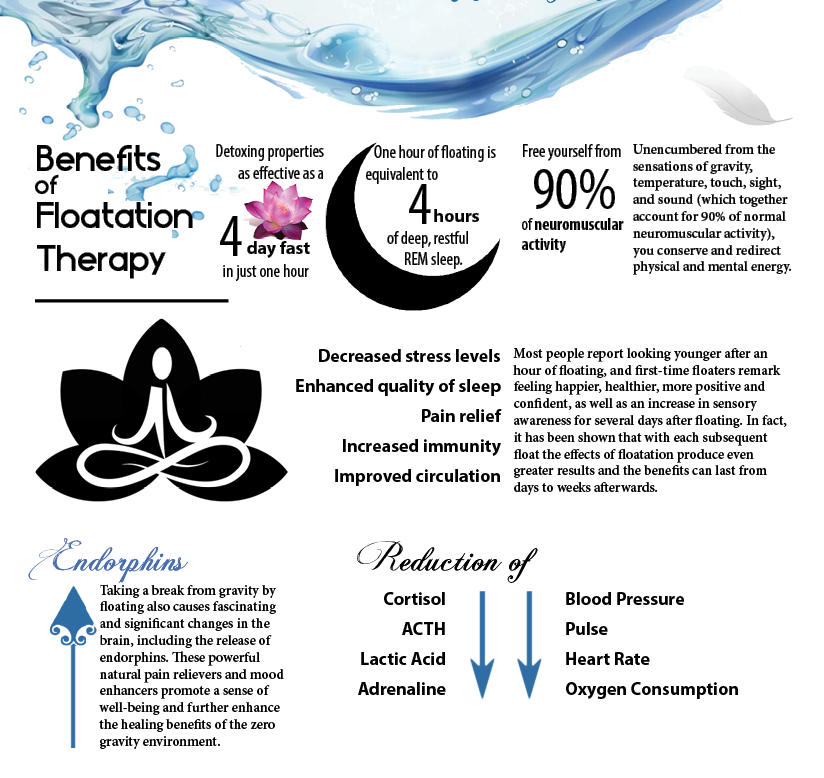
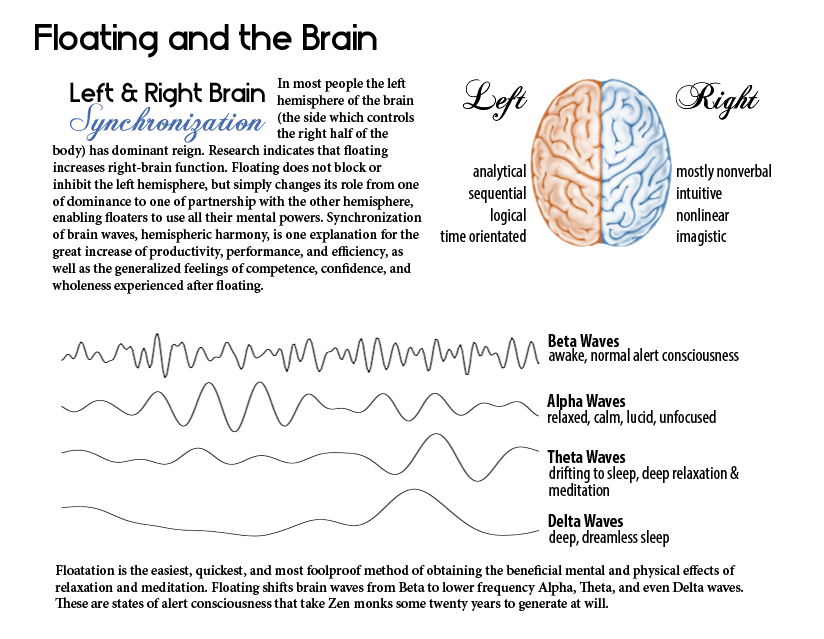
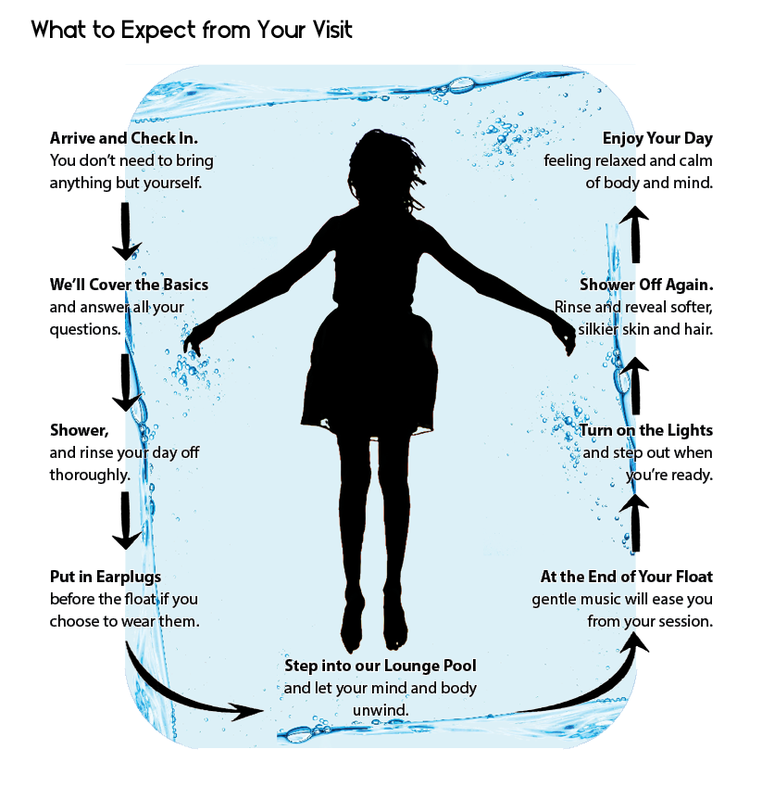


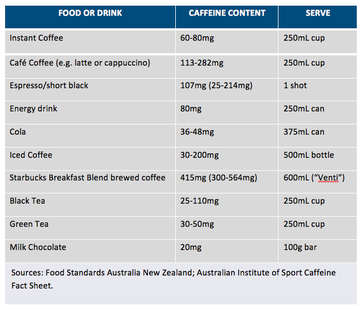





 RSS Feed
RSS Feed